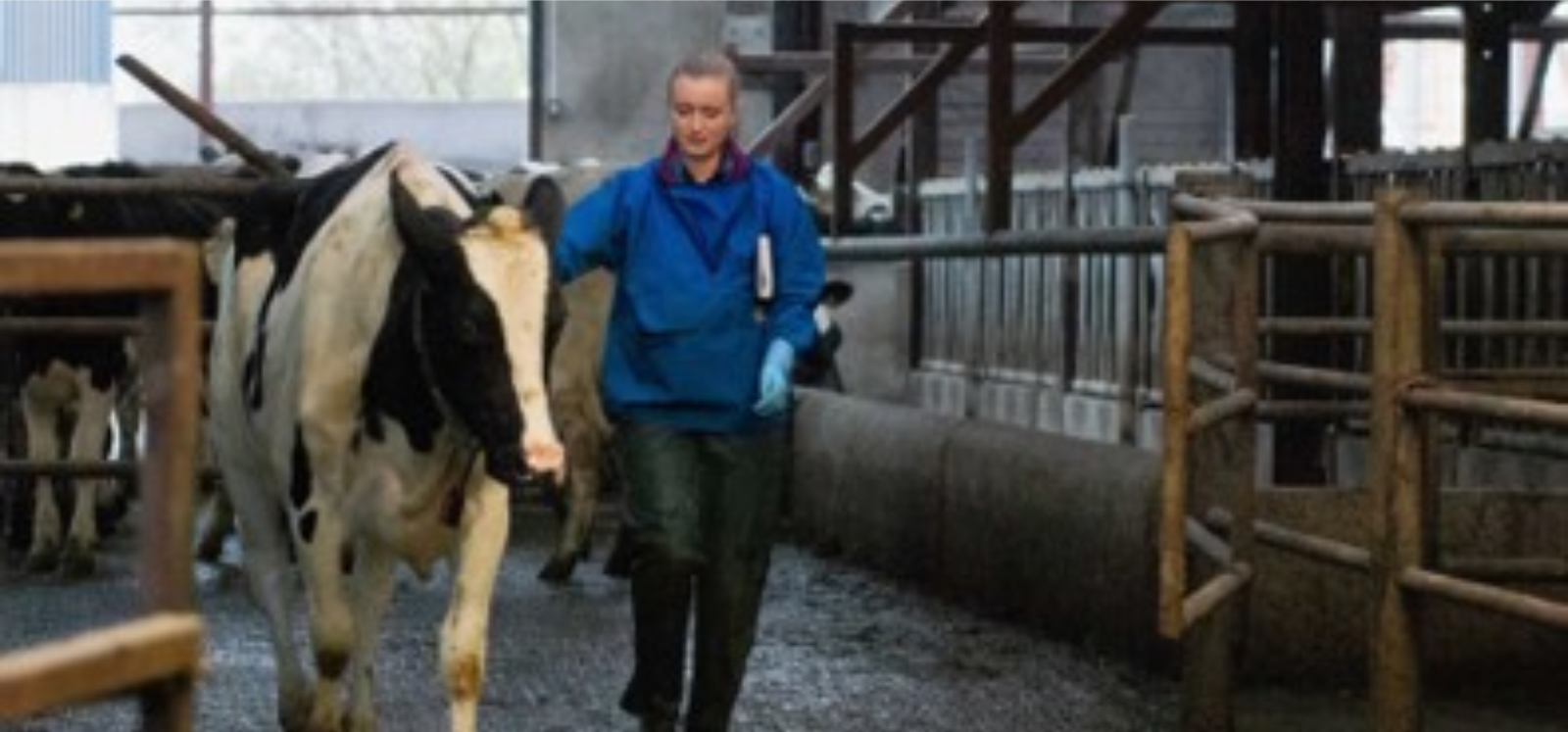While on my placement with Trouw Nutrition Ireland, I undertook the GrassWatch project. (4 months). I spent Mondays and Tuesdays travelling across Northern Ireland, measuring grass and collecting samples. During this time I was able to work on my organisational skills, time keeping, communication and building relationships with the GrassWatch farmers. I then sent the samples to the lab for testing.
The rest of the week was spent in the office. When I received the lab results for each grass sample, I added the details onto my spreadsheets and plotted graphs so I could analyse the trends in grazing quality throughout the season. I then produced weekly GrassWatch reports with average values and trends, which would be uploaded to social media and emailed to relevant farmers, industry representatives and members of the Trouw team.
I also had the opportunity to write three articles for the Farming Life, with two detailing the GrassWatch trends and one on the importance of monitoring the protein and energy balance of grazed grass. This was a great achievement, especially as I had my work published in a popular newspaper!
On several occasions, I was involved in working with other members of the Trouw team on various projects and it was great to learn how different teams can collaborate and bring information together.
Highlights and Benefits of Placement?
I had many highlights while on placement. Firstly, I learned a lot – from grass quality and how it affects milk production/quality, to gaining some experience of working in a large company. I also learned more about working in a team, keeping information organised and meeting deadlines. Finally, I learned about the growing world population and how food production must increase. Through effective animal nutrition, we can work towards making food production more efficient and sustainable. I hoped that following placement I would be able to gain employment in a similar position.
Advice to Future Students?
Although studying for any scientific university degree involves learning lots of information, my advice would be to try to understand how you could apply the information you’ve learned to ‘real world’ issues e.g. food production, antimicrobial resistance. I firmly believe that the collaborative nature of science will be a key contributor to working towards developing and implementing strategies to address them.
I would also highly recommend undertaking a placement. I am really glad I had that opportunity as I learned a lot from it and gained great experience, which was very helpful when I came to write my CV. It also stood by me during job applications and interview as I was able to talk about my Trouw experience and as a result, I obtained a full-time post with them!
Anna Millar
BSc Agricultural Technology

